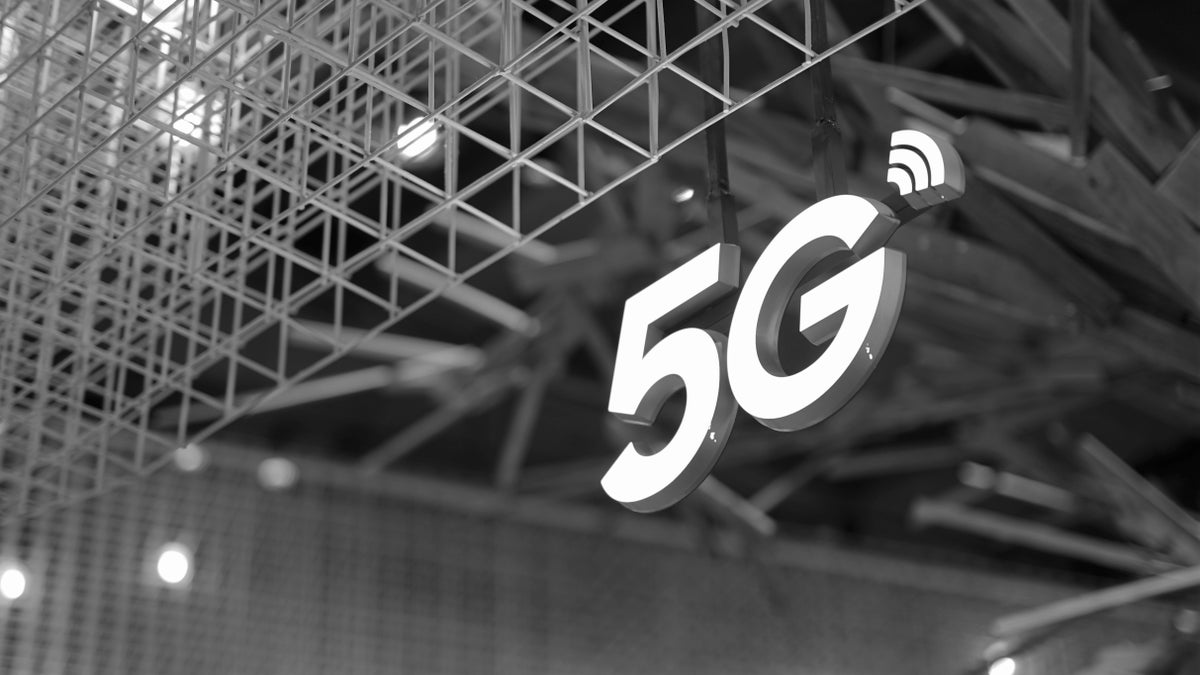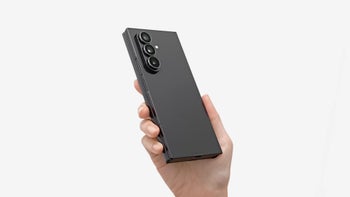T-Mobile collaborates with 5G Open Innovation Lab and CoMotion to empower next-generation hardware

Whether you want it or not, 5G is the future, and it is here to stay. T-Mobile has clearly understood that assignment and is pushing the envelope on the next generation of 5G hardware. In its pursuit of that goal, T-Mobile has announced its collaboration with the 5G Open Innovation Lab (5G OI Lab) and CoMotion at the University of Washington (UW).
The collaboration aims to help out with providing the necessary equipment for startups, developers, and students who want to test out their innovations, which require a fast and reliable 5G connection.
T-Mobile states that it is a co-founder of the 5G OI Lab and that it works with organizations like universities and standards bodies to “support 5G research and development” and “build the 5G ecosystem.” T-Mobile says that together with UW Information Technology, it has deployed Ultra Capacity 5G with an allegedly state-of-the-art Distributed Radio Access Network solution.
The major US carrier claims that the T-Mobile 5G network can muster up peak speeds of “well over 1 Gbps” at the hardware incubator, thanks to advanced wireless technologies such as Massive MIMO.
Thanks to the facilities available at CoMotion Labs on the UW campus, it is possible for innovators and entrepreneurs to develop, test, and launch their prototypes. Thanks to the 5G hardware incubator (the first in its region) engineers can test things such as edge computing, remote sensors, and biotech/medical devices, to name a few.
Dr. Shane Claggett, founder, and CEO of Envision Ophthalmology says that a fast and reliable 5G connection allows for a fast and secure upload of a patient’s imaging data to offsite servers. “It will also give us a robust channel to monitor and maintain our fleet of devices,” he adds.
Now, admittedly, it still feels like 5G needs more time to mature as a technology. Yes, it is already available to most, and many have a device that supports it. However, most people can barely notice its benefits in regular day-to-day use. Hopefully, efforts such as that of T-Mobile and its partners will lead to more impactful innovations soon.
T-Mobile states that it is a co-founder of the 5G OI Lab and that it works with organizations like universities and standards bodies to “support 5G research and development” and “build the 5G ecosystem.” T-Mobile says that together with UW Information Technology, it has deployed Ultra Capacity 5G with an allegedly state-of-the-art Distributed Radio Access Network solution.
Thanks to the facilities available at CoMotion Labs on the UW campus, it is possible for innovators and entrepreneurs to develop, test, and launch their prototypes. Thanks to the 5G hardware incubator (the first in its region) engineers can test things such as edge computing, remote sensors, and biotech/medical devices, to name a few.
Now, admittedly, it still feels like 5G needs more time to mature as a technology. Yes, it is already available to most, and many have a device that supports it. However, most people can barely notice its benefits in regular day-to-day use. Hopefully, efforts such as that of T-Mobile and its partners will lead to more impactful innovations soon.
Follow us on Google News













Things that are NOT allowed:
To help keep our community safe and free from spam, we apply temporary limits to newly created accounts: